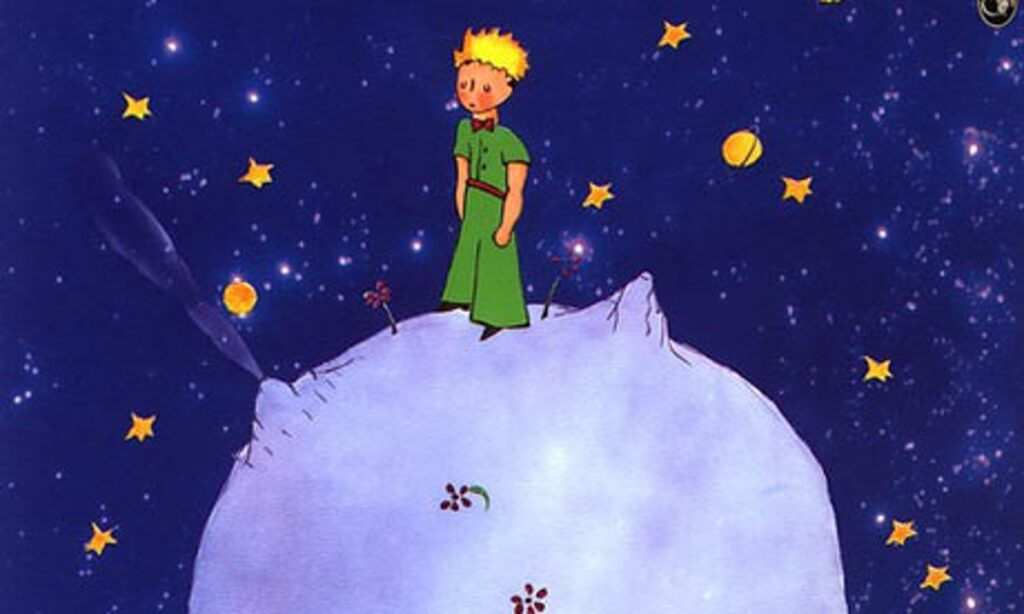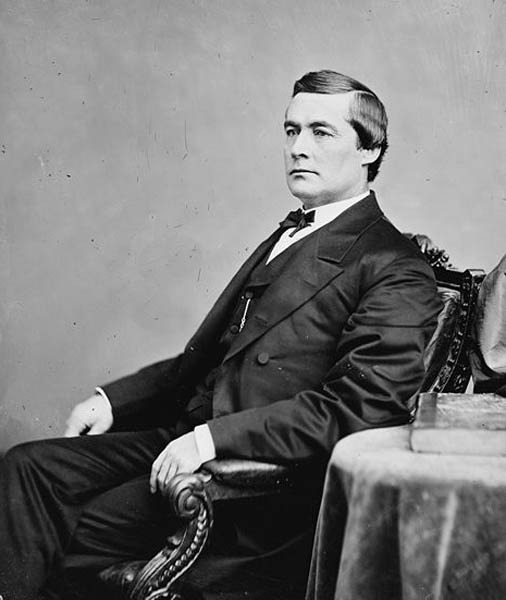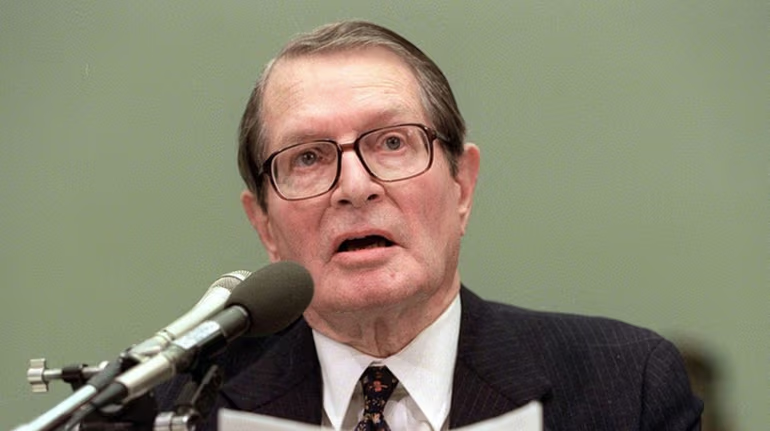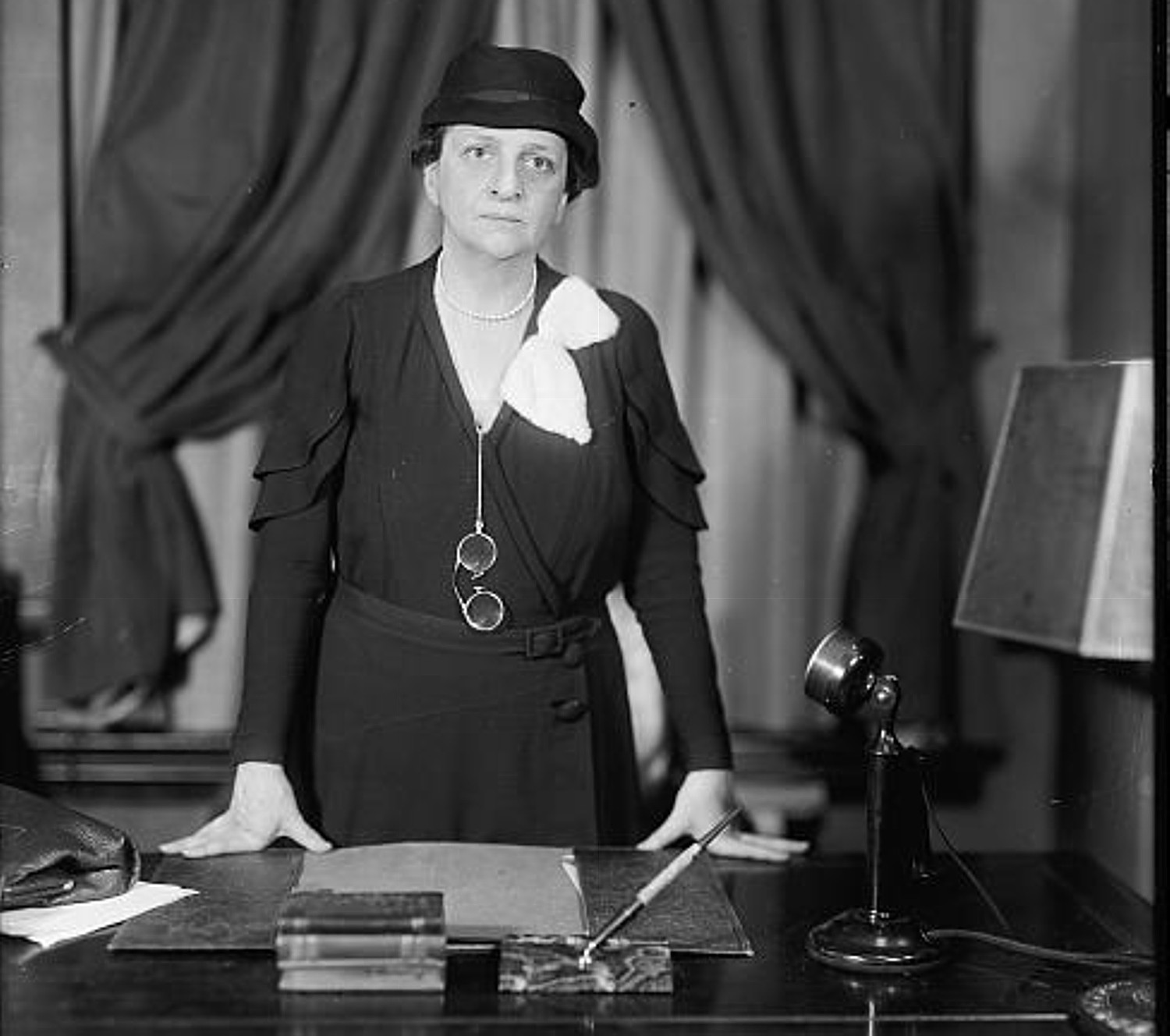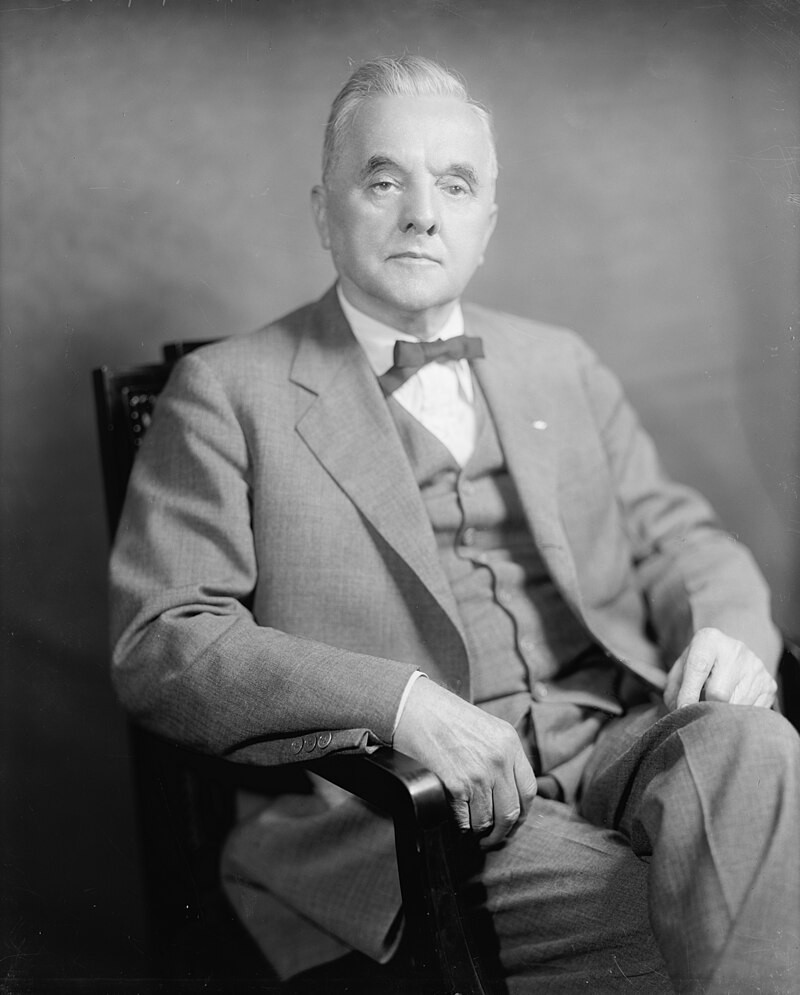Being ignorant is not so much a shame, as being unwilling to learn. – Benjamin Franklin

When he was a mere 26 years of age, Benjamin Franklin conceived of writing a book about living rightly. Always a student of new ideas, Franklin was constantly examining codes of behavior and how each of us might better understand our place and purpose in the world.
Editor George Rogers compiled Franklin’s writings in The Art of Virtue, a handy little volume with the subtitle, His Formula for Successful Living.
Along with being one of the Founding Fathers of the country, Benjamin Franklin was, at one time or other, a politician, scientist, inventor, printer, diplomat and civic activist. At 21, Franklin created the Junto (Jun-toe), a group of “like minded aspiring artisans and tradesman who hoped to improve themselves while they improved their community.” Members would regularly get together to discuss and debate questions of morals, politics as well as exchange knowledge of business affairs.
In a letter to a club member, Franklin reminds us to appreciate more of what we have, and thus, enjoy ourselves and the world we share.
Two of the former members of the Junto, you tell me, are departed this life, Potts and Parsons. Odd characters both of them. Parsons a wise man that often acted foolishly; Potts a wit that seldom acted wisely. If enough were the means to make a man happy, one had always the means of happiness, without ever enjoying the thing; the other had always the thing, without ever possessing the means.
Parsons, even in his prosperity, always fretting; Potts, in the midst of his poverty, ever laughing. It seems, then, that happiness in this life rather depends on internals than externals; and that, besides the natural effects of wisdom and virtue, vice and folly, there is such a thing as a happy or an unhappy constitution. They were both our friends, and loved us.
So peace to their shades. They had their virtues as well as their foibles; they were both honest men, and that alone, as the world goes, is one of the greatest characters. They were old acquaintances, in whose company I formerly enjoyed a great deal of pleasure and I cannot think of losing them without concern and regret.
Driving home after picking up the Holiday turkey, I passed a church whose message of the week read: “Thanksgiving, after all, is a word of action.”
Comments
